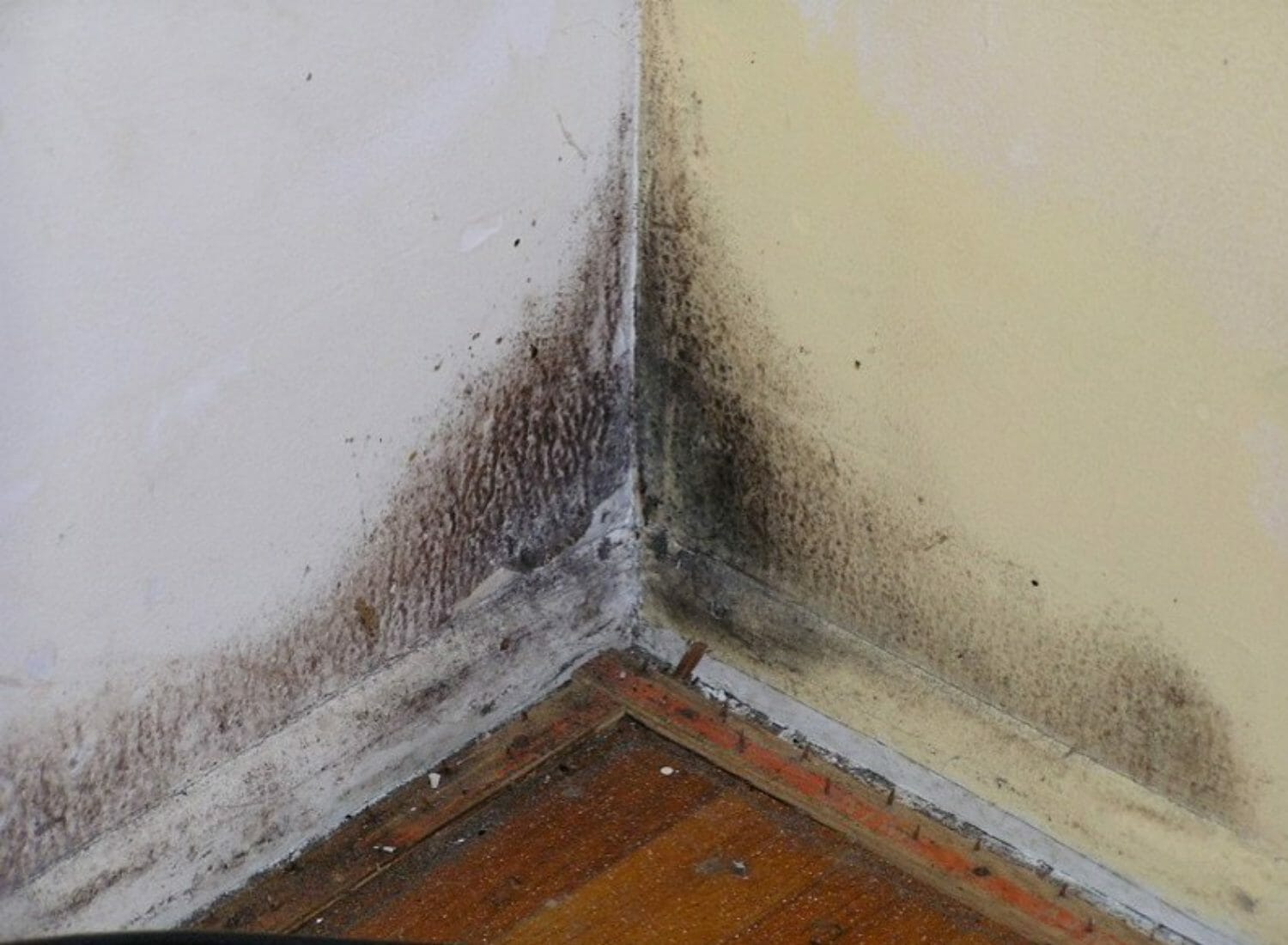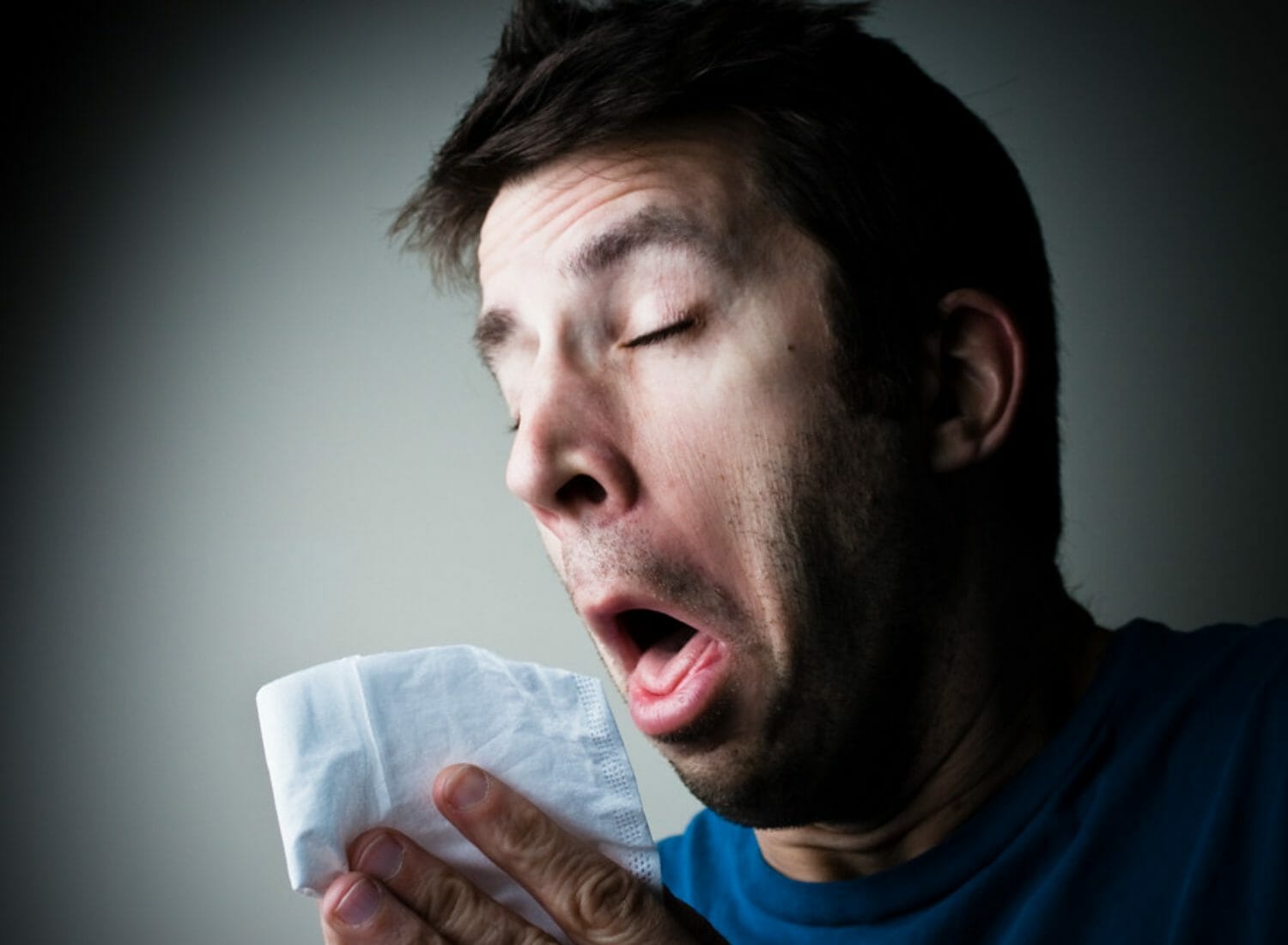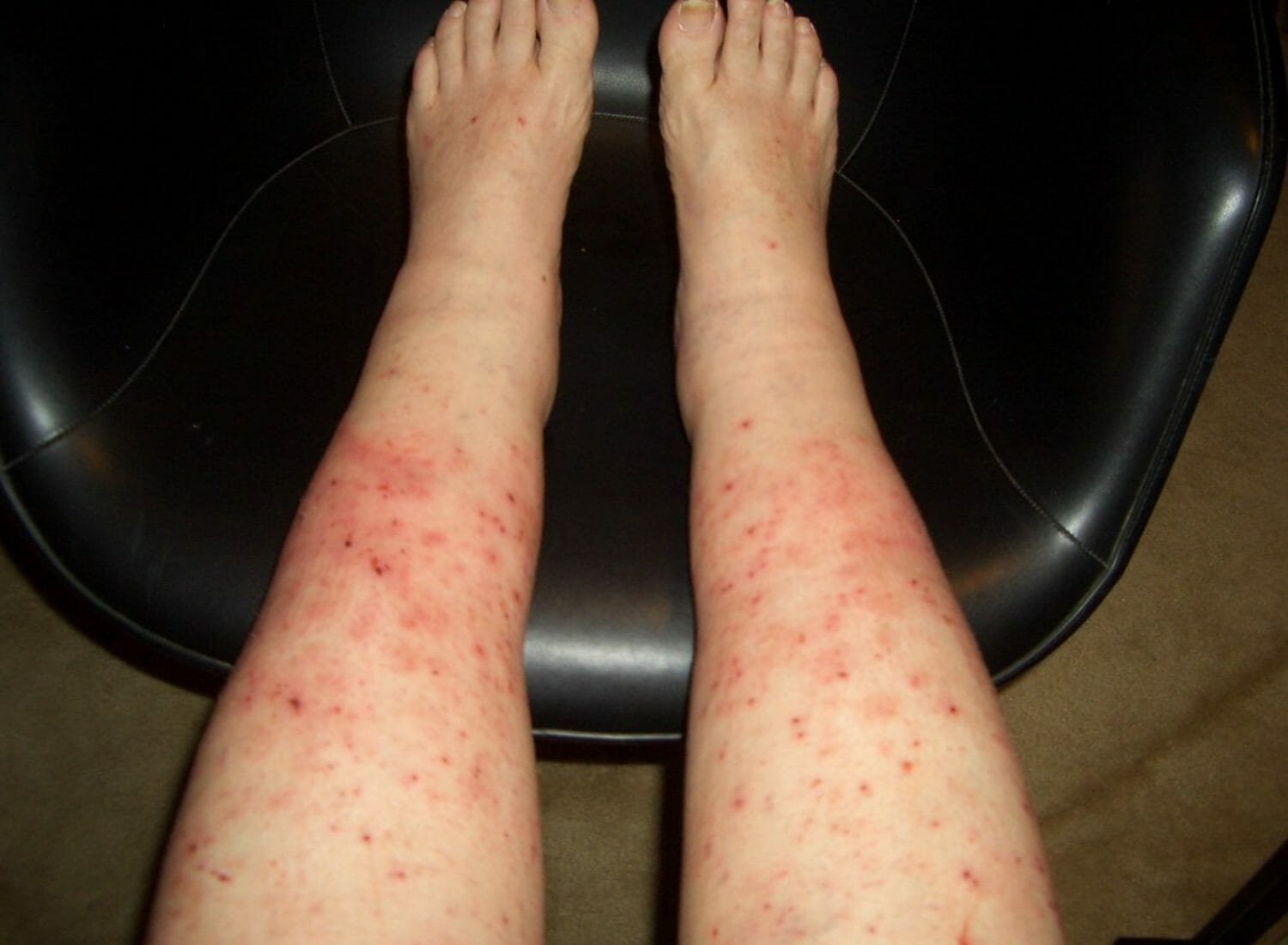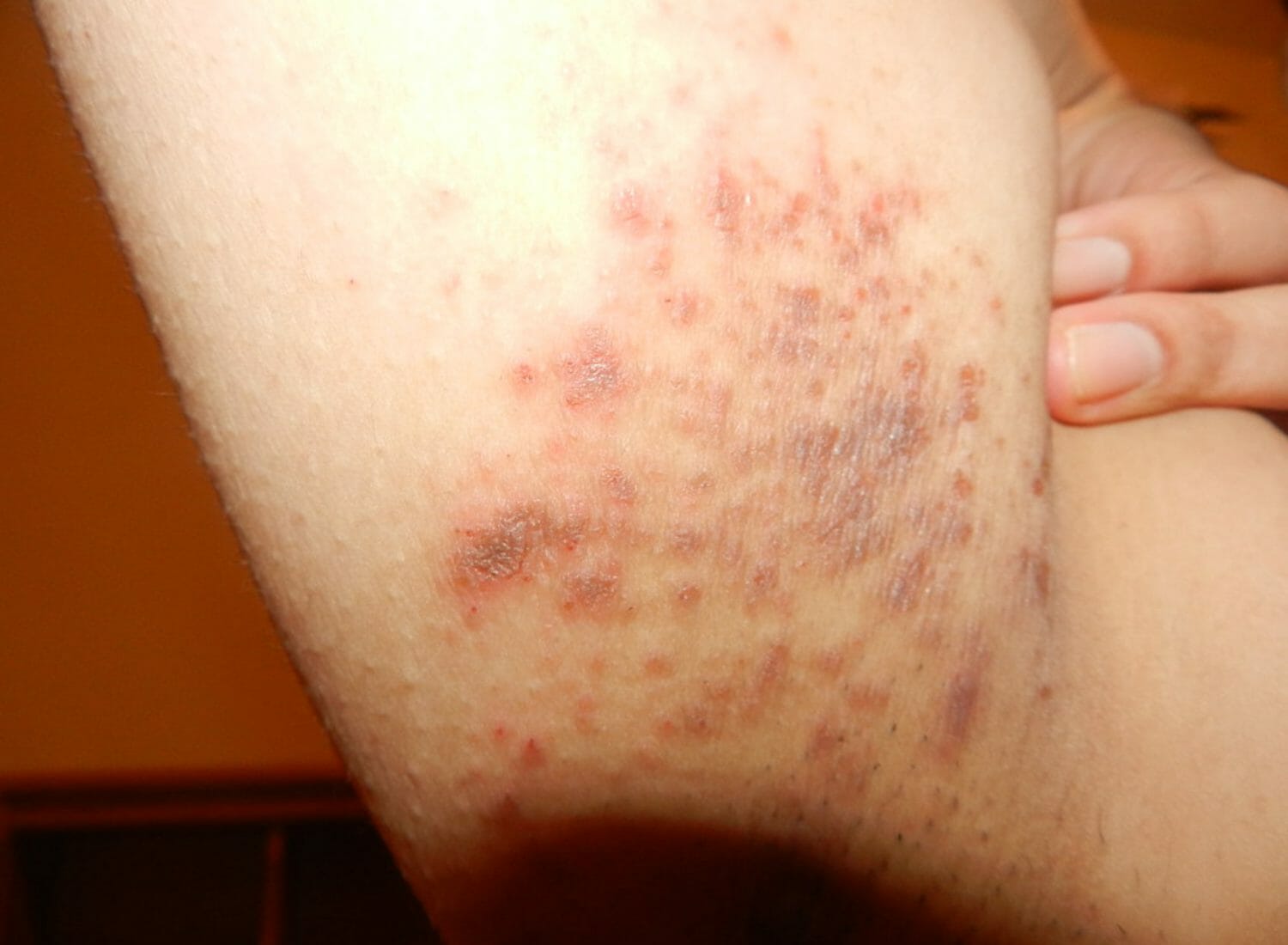
Legal obligations of a landlord
Regarding mold in a rental property, landlords must follow certain legal obligations. These obligations can vary depending on the state and federal laws. In this section, we will discuss the legal obligations of a landlord regarding mold.Federal law
No federal laws specifically address a landlord’s responsibility for mold remediation. However, landlords must provide their tenants with a safe and habitable living environment under the implied habitability warranty. This means landlords must maintain the property in a way that does not threaten the tenant’s health and safety. If mold is present in the rental property and poses a health risk to the tenant, the landlord may violate the implied warranty of habitability.State law
Many states have laws that require landlords to disclose the presence of mold in a rental property. For example, in California, landlords must provide tenants with a written disclosure if they know of any mold in the rental home. The disclosure must include information about the location and type of mold, as well as any remediation efforts that have been taken. In addition to disclosure requirements, some states have laws requiring landlords to remediate mold in a rental property. For example, in Texas, landlords must remediate mold if it is present in an amount that exceeds the level considered normal for the area. In New York, landlords are required to remediate mold if it poses a health risk to the tenant. It is important to note that the specific legal obligations of a landlord regarding mold can vary widely depending on the state and local laws. Landlords should consult a qualified attorney to ensure they comply with all applicable laws and regulations.Mold disclosure requirements
Landlords are legally obligated to provide their tenants with safe and habitable living conditions. This includes addressing mold problems, which can pose serious health risks. In some states, landlords must disclose the presence of mold to tenants before they sign a lease agreement. For example, under the Toxic Mold Protection Act of 2001 (California Health and Safety Code §§ 26100 -26156), all landlords in California must provide tenants with a mold disclosure before the lease is signed. The mold disclosure requirement applies when there is an excess of mold in the unit and the mold exceeds permissible limits. In addition to state-specific requirements, landlords may also have a duty to disclose mold issues under the general principles of landlord-tenant law. For instance, if a landlord knows or should know of a mold problem, they may be required to disclose this information to potential tenants. Tenants should also know their responsibilities in reporting mold problems to their landlord. Depending on the state, tenants may be required to notify their landlord of mold problems or the latter’s failure to comply with mold-related responsibilities. In some states, this can be done orally; in others, written notification is required. Landlords and tenants must take mold issues seriously and address them promptly. Failure to do so can lead to serious health problems and legal liabilities.Health risks of mold exposure
Mold is a type of fungus that can grow indoors and outdoors. Mold exposure can cause various health problems, especially for people with allergies, asthma, or weakened immune systems. In this section, we will discuss the health risks of mold exposure.Respiratory problems

Allergic reactions
 Source: Flickr
Mold can also cause allergic reactions such as sneezing, runny nose, and itchy eyes. These symptoms can be similar to those caused by hay fever or other allergies.
Source: Flickr
Mold can also cause allergic reactions such as sneezing, runny nose, and itchy eyes. These symptoms can be similar to those caused by hay fever or other allergies.
Skin irritation
 Source: Flickr
Mold exposure can cause skin irritation, such as a rash or hives. This is more likely to occur in people who are allergic to mold.
Source: Flickr
Mold exposure can cause skin irritation, such as a rash or hives. This is more likely to occur in people who are allergic to mold.
Headaches and fatigue
 Source: Flickr
Some people may experience headaches, fatigue, or difficulty concentrating after mold exposure. These symptoms are poorly understood but may be related to the body’s immune response to the mold.
Source: Flickr
Some people may experience headaches, fatigue, or difficulty concentrating after mold exposure. These symptoms are poorly understood but may be related to the body’s immune response to the mold.
Infections
In rare cases, mold exposure can lead to infections in the lungs or other parts of the body. This is more likely to occur in people with weakened immune systems, such as those undergoing chemotherapy or HIV/AIDS. It is important to note that not all people exposed to mold will experience these symptoms. The severity of the symptoms can also vary depending on the amount and type of mold present and the individual’s sensitivity to mold.Tenant rights and remedies
Tenants have certain rights and remedies regarding mold in their rental units. These rights and remedies may vary depending on the state and local laws. Tenants should check their state and local laws to determine their rights and remedies.Rent withholding
In some states, tenants have the right to withhold rent if the landlord fails to address the mold issue promptly. However, tenants should be aware that they must follow specific procedures to withhold rent legally. They should notify the landlord in writing of the mold issue and give the landlord reasonable time to address it. If the landlord fails to address the issue within the specified time frame, tenants may be able to withhold rent.Repair and deduct
In some states, tenants have the right to repair the mold issue and deduct the repair cost from their rent. However, tenants should be aware that they must follow specific procedures to repair and deduct legally. They should notify the landlord in writing of the mold issue and give the landlord reasonable time to address it. If the landlord fails to address the issue within the specified time frame, tenants may be able to repair it themselves and deduct the cost from their rent.Constructive eviction
In some states, tenants may have the right to break their lease and move out of the rental unit if the mold issue makes the unit uninhabitable. This is known as constructive eviction. However, tenants should know that they must follow specific procedures to legally break their lease. They should notify the landlord in writing of the mold issue and give the landlord reasonable time to address it. If the landlord fails to address the issue within the specified time frame, tenants may be able to break their lease and move out of the rental unit. Tenants should be aware that they cannot take matters into their own hands and should follow the proper procedures to address mold issues in their rental units. They should also document all communications with their landlord regarding the mold issue and keep copies of any written notices or correspondence.Landlord liability for mold problems
When it comes to mold in rental properties, landlords have certain responsibilities and liabilities. While the specific laws governing mold vary by state, landlords are generally responsible for providing tenants with a safe and habitable living environment, including addressing any mold issues that arise. Landlords can be held liable for mold problems if they fail to take action to address the issue or if they are found to be negligent in some way. Negligence can take many forms, such as failing to properly maintain the property, addressing water leaks or moisture issues that lead to mold growth, or providing adequate ventilation. In some states, landlords may be required by law to disclose the presence of mold to tenants. Even in states where there is no specific requirement to disclose mold, landlords may still be held liable if they fail to disclose the presence of mold when asked by a tenant. It’s worth noting that not all types of mold are dangerous or require immediate remediation. However, if a tenant is experiencing health problems suspected to be related to mold, landlords may be held liable for any resulting damages or injuries.Preventing mold growth
Preventing mold growth is crucial for landlords to ensure their rental property is safe and habitable. Here are some tips to prevent mold growth:1. Control moisture
Mold thrives in damp environments, so controlling moisture prevents mold growth. Landlords should identify and fix leaks, such as those in plumbing, roofs, or windows. They should also ensure proper ventilation in bathrooms, kitchens, and other areas where moisture accumulates.2. Monitor humidity levels
Maintaining proper humidity levels is also crucial in preventing mold growth. Landlords should invest in a hygrometer to monitor humidity levels and ensure they are between 30% and 60%. If humidity levels are too high, landlords can use dehumidifiers to reduce moisture in the air.3. Regularly inspect and clean
Landlords should regularly inspect their rental property for any signs of water damage, leaks, or mold growth. They should also clean and dry any areas prone to moisture, such as bathrooms and kitchens, and ensure that carpets and upholstery are dry and free from moisture.4. Educate tenants
Educating tenants about the importance of preventing mold growth can also help prevent mold growth. Landlords should provide tenants with information on how to properly ventilate their living space, report leaks, and water damage, and properly clean and dry any areas prone to moisture.FAQ’s
What are the tenant rights regarding mold in rental properties? Tenants have the right to live in a safe and habitable environment, which includes protection from mold exposure. If tenants believe their rental property has mold, they should report it to their landlord immediately. The landlord is then responsible for addressing the issue promptly and effectively. Who is responsible for fixing mold issues in a rental property? The landlord is responsible for fixing mold issues in a rental property. The landlord must legally provide tenants with a safe and habitable living space. If a tenant reports a mold issue, the landlord must address it immediately. How can a tenant report mold in a rental house? Tenants can report mold in a rental house by notifying their landlord or property manager in writing. Tenants need to document their communication with the landlord or property manager, including the date and time of the report and any responses received. What are the health risks associated with mold exposure? Mold exposure can cause various health problems, including respiratory issues, allergic reactions, and skin irritation. In severe cases, mold exposure can lead to serious health conditions such as asthma or lung infections. Tenants must take mold exposure seriously and immediately report any issues to their landlord. What is the landlord’s obligation to address mold in a rental property? The landlord’s obligation to address mold in a rental property is to take prompt and effective action to remediate the issue. This may include hiring a professional remediation company to remove the mold, repairing any leaks or water damage that may have caused the mold, and taking steps to prevent future mold growth. Can a tenant withhold rent due to mold issues in a rental property? Tenants are generally not allowed to withhold rent due to mold issues in a rental property. However, if the landlord fails to address the mold issue after being notified, the tenant may be able to take legal action to force the landlord to address the issue or to seek compensation for damages caused by the mold.
Author:
Benjamin McInerny
- is a qualified arborist and a DIY Home Improvement enthusiast. Ben has a extensive experience on renovation projects including, mold removal, painting, fence installation and more. Ben shares his skills with DIY and gardening enthusiasts.






